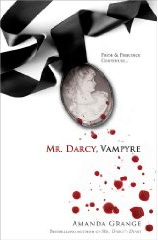 Have you ever sat down to read a new novel and found hours later that it’s after midnight and you need to work tomorrow but what the heck, you need to finish this story? Well, that’s getting lost in a good book. Some people get so wrapped up in the story and the world between the covers of the book that the world in which they live just disappears for a while.
Have you ever sat down to read a new novel and found hours later that it’s after midnight and you need to work tomorrow but what the heck, you need to finish this story? Well, that’s getting lost in a good book. Some people get so wrapped up in the story and the world between the covers of the book that the world in which they live just disappears for a while.
I remember when I was around 11 or so, my mother had to go out and left the pot roast cooking, and I was to check it every now and then and, if I could see the roast, add a bit of water. I’d done that before lots of time with her there and she was only going next door. But I was reading a book about a jungle and the main character was hiding from the bad guys in the fog in the jungle. Mom came home to a house full of smoke and a burnt pot roast. I realized that there was smoke or fog, but it was part of the story, so I just thought it was really real, I could even smell the burning campfire. Mom never let me forget that and I could never make her understand that I didn’t know the pot roast was burning because I was in the jungle a gazillion miles away.
Well, evidently, some scientists wondered if people who read text actually had physical reactions as they read as if they were doing what they were reading about. An article in New Science written by Andrea Thompson called “Why We Get Lost in a Book” explains the research study and some of their results. Evidently, if you read about throwing a ball or moving to a new area, the parts of the brain that would be activated if you were doing it for real also get activated, but to a lesser degree, if you’re reading about it.
Of course the study group was fairly small (28 people) and the reading material as described was bland and boring. I’m surprised they got any results at all, especially since there were 20 women and 8 men and the reading material was from a book called One Boy’s Day. Just the title makes me think of the fascinating activity of watching paint dry — wonder why?
But, at least it’s a beginning. They also found that some people have stronger reactions to reading than others — no surprise there. I might suggest that those with stronger MRI reactions found the material more interesting than those who didn’t, but that’s just me.
Reading is an activity that we all hope people will participate in. In this day and age, everyone needs a basic reading skill level in order to function. For some that’s enough but others spend their free time reading. There are non-readers, people who read for work and necessity and those that also read for pleasure. I often think that reading for pleasure is a nerd activity in a lot of ways, or at least I was always told it was because I preferred a book to sports or watching TV or just hanging out.
Now that we have the first “proof” that reading effect the various centers of the brain as if the activity we’re reading about was happening — what makes some people react more than others. Why do some people go on and become readers and some become extreme-readers and some just give it up and become non-readers (meaning they can read but don’t).
And will definitions of reading change as more and more of our material goes online. I know many people (including teens/students) who read constantly online but seldom crack a book — instead reading books online or on their cell phones or Kindles. For some reason, some researchers don’t consider that reading because it’s not on paper.
To me, reading is reading no matter whether the words are on paper, cereal box, sides of buses and building, street signs, ipods, Kindles, laptop or desktops. However, it’s nice to know that some of us really do get lost in good books — but we usually find our way out with new ideas, new experiences, and new knowledge.
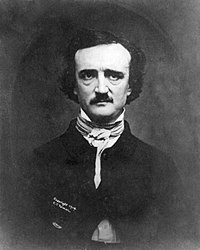 Edgar Allan Poe was born January 19, 1809. He was a writer, poet, and critic. He wrote mysteries, horror, and just plain weird stories. His poetry was often sad and/or depressing but mostly unforgettable. Classics Illustrated #4: The Raven & Other Poems has a good selection of his poetry illustrated by Gahan Wilson.
Edgar Allan Poe was born January 19, 1809. He was a writer, poet, and critic. He wrote mysteries, horror, and just plain weird stories. His poetry was often sad and/or depressing but mostly unforgettable. Classics Illustrated #4: The Raven & Other Poems has a good selection of his poetry illustrated by Gahan Wilson.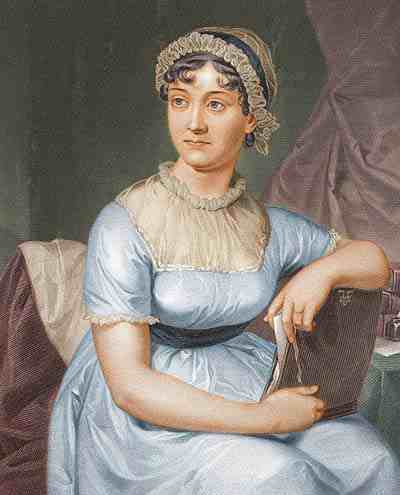


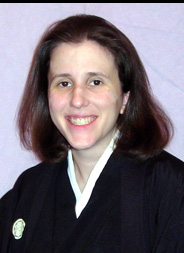 I’m the author of
I’m the author of 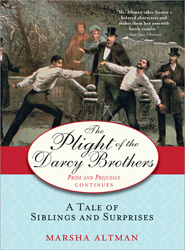 A prime example is the first book, which got a lot of criticism for having Darcy be a lush and therefore the butt of several jokes while in college. I didn’t think making Darcy a lush was at all negative to his character. You work up a tolerance for alcohol by drinking a lot, and Regency gentlemen drank more than a lot. The idea that Darcy has a lower tolerance means that he is very conservative in his alcohol consumption, perhaps fearing that a slovenly image would harm his family name (which is so clearly important to him in Austen’s work), and as a result he doesn’t have much of a tolerance compared to his peers, so when he does drink, he gets very drunk quickly. Since Darcy lives on his high horse, his college friends (and Wickham, of course) take any advantage they can get to knock him off it. In other words, he’s so virtuous that people enjoy seeing him knocked down a peg, albeit in a friendly way. I felt it was an amusing way to soften Darcy, but some readers didn’t agree, as Darcy is not supposed to be ridiculous. I can see their point, but it’s the story I wanted to write, so I wrote it.
A prime example is the first book, which got a lot of criticism for having Darcy be a lush and therefore the butt of several jokes while in college. I didn’t think making Darcy a lush was at all negative to his character. You work up a tolerance for alcohol by drinking a lot, and Regency gentlemen drank more than a lot. The idea that Darcy has a lower tolerance means that he is very conservative in his alcohol consumption, perhaps fearing that a slovenly image would harm his family name (which is so clearly important to him in Austen’s work), and as a result he doesn’t have much of a tolerance compared to his peers, so when he does drink, he gets very drunk quickly. Since Darcy lives on his high horse, his college friends (and Wickham, of course) take any advantage they can get to knock him off it. In other words, he’s so virtuous that people enjoy seeing him knocked down a peg, albeit in a friendly way. I felt it was an amusing way to soften Darcy, but some readers didn’t agree, as Darcy is not supposed to be ridiculous. I can see their point, but it’s the story I wanted to write, so I wrote it.